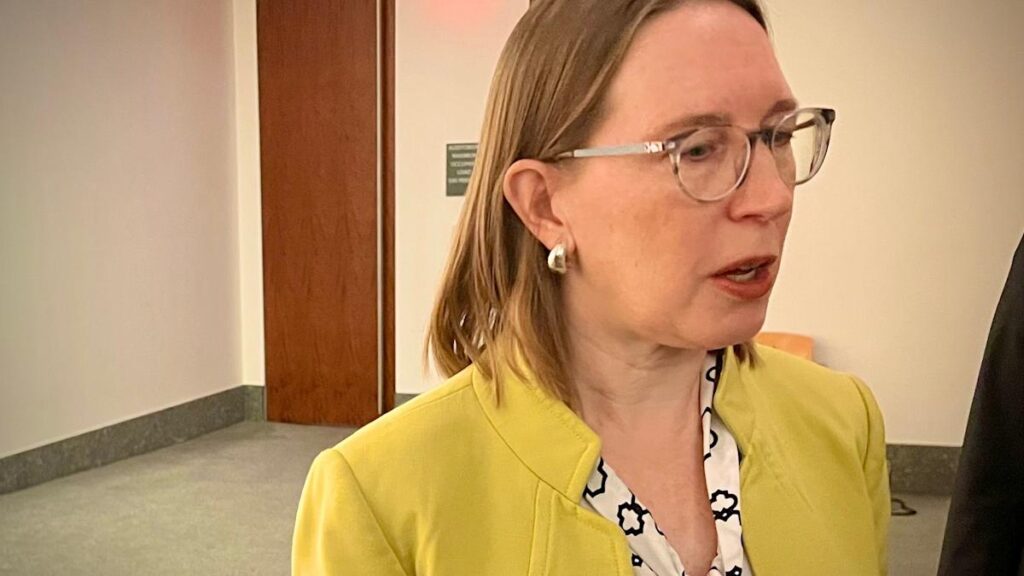The U.S. Securities and Exchange Commission has no business with certain stablecoins or their issuers, the regulator’s staff declared in the latest statement outlining the corners of the crypto sector for which it doesn’t have a legal interest.
Since the agency was taken over by President Donald Trump-appointed leadership and formed a Crypto Task Force to ease pressures on the digital assets space, its staff has issued a series of statements meant to clarify the crypto areas outside its jurisdiction — so far including memecoins and proof-of-work crypto mining. It’s now added certain stablecoins to that list. The SEC’s Division of Corporation Finance issued the Friday statement — not yet a binding rule, or even formal guidance — to declare such stablecoins “do not involve the offer and sale of securities.”
“Persons involved in the process of ‘minting’ (or creating) and redeeming Covered Stablecoins do not need to register those transactions with the Commission under the Securities Act or fall within one of the Securities Act’s exemptions from registration,” according to the statement.
It went on to clarify that such stablecoins — an arena dominated by Tether’s USDT and Circle’s USDC — “are marketed solely for use in commerce, as a means of making payments, transmitting money, and/or storing value, and not as investments.”
However, the stablecoins covered by this statement may not include Tether’s, because one of the footnotes says acceptable reserves “do not include precious metals or other crypto assets,” both of which are included in Tether’s reserves. And the statement says any tokens must be redeemable at any time for dollars, but Tether’s terms of service suggest minimum amounts or delays may be imposed.
Circle President Heath Tarbert posted a social-media comment that included a jab toward its competitors. “The SEC just drew a clear line: Stablecoins backed one-for-one with high quality liquid assets —l ike USDC — are NOT securities,” Tarbert said. “This certainty does not extend to other digital assets just because they call themselves ‘stablecoins.'”
Congress has been moving forward on establishing a new set of U.S. standards for the issuance of such tokens. This week, the House Financial Services Committee advanced a stablecoin bill toward a vote of the overall House of Representatives. The Senate is building toward consideration of a similar bill that’s also been approved by committee there — in both cases by a wide, bipartisan vote.
Story Continues


